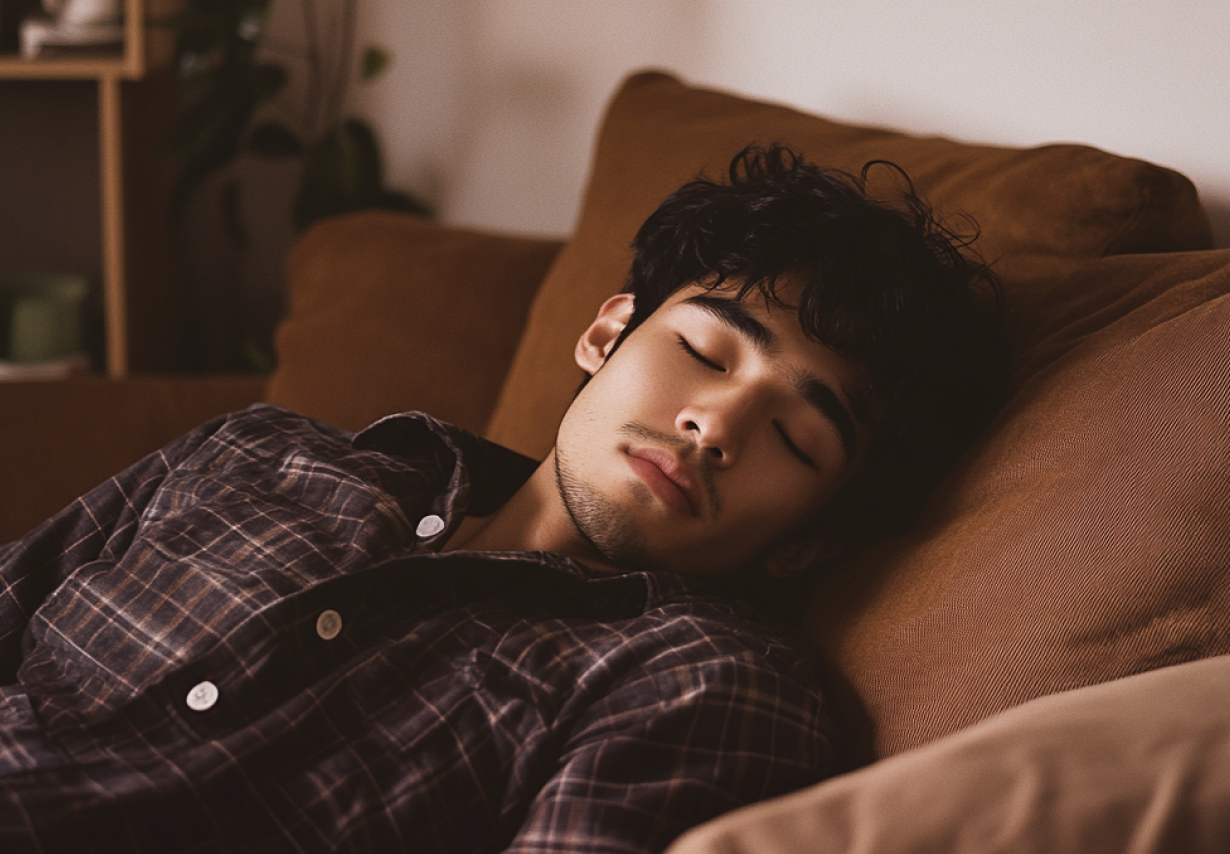
When daylight saving time (DST) begins or ends, the clock jumps forward or back by just one hour — but that small shift can have a surprisingly big impact on your sleep, mood, and overall health. While it’s meant to optimize daylight hours, it can disrupt your body’s internal clock, also known as your circadian rhythm.
Let’s look at what happens during the spring and fall transitions, how this affects your sleep, and most importantly, what you can do to ease the change.
What Happens During the Time Change?
• In spring, the clock moves forward one hour. You lose an hour of sleep, which can make it harder to fall asleep and wake up on time.
• In fall, the clock moves back one hour, giving you “extra” sleep — but it can still throw off your routine.
Your circadian rhythm takes cues from natural light. When the clock shifts, your body’s sense of time becomes misaligned with your actual schedule, affecting when you feel tired, hungry, and alert.
How It Affects Your Body and Mind
Even a one-hour change can lead to:
Trouble falling or staying asleep
Grogginess and poor concentration
Changes in appetite
Irritability or lower mood
Reduced sleep efficiency (especially if you stay in bed longer without sleeping)
Some studies even suggest an increase in heart attacks and car accidents in the days following the spring shift.
Tips to Help Your Body Adjust
You can reduce the impact of the clock change by preparing a few days in advance and supporting your circadian rhythm naturally:
✅ 1. Gradually Shift Your Sleep Schedule
Start going to bed and waking up 15–30 minutes earlier (spring) or later (fall) a few days before the change. This helps your body adapt more smoothly.
🌞 2. Get Morning Sunlight
Expose yourself to natural daylight early in the day — especially in spring. This helps reset your internal clock.
🚫 3. Avoid Screens Before Bed
Blue light from screens can confuse your brain and make it harder to fall asleep. Try dimming lights and avoiding devices at least an hour before bed.
💤 4. Keep a Consistent Routine
Stick to the same bedtime and wake-up time, even on weekends. A consistent sleep schedule helps anchor your circadian rhythm.
Summary
The spring and fall time changes can throw off your body’s rhythm, making it harder to sleep and feel well-rested. But by preparing in advance, managing your light exposure, and keeping consistent routines, you can ease the transition and protect your sleep quality.
Every hour of sleep matters — and your body will thank you for the care.